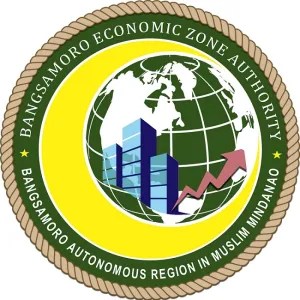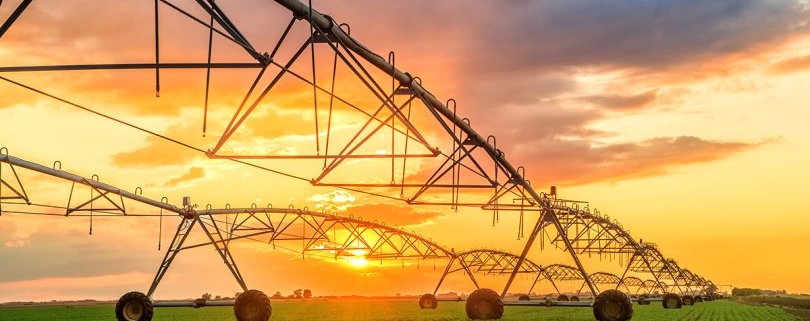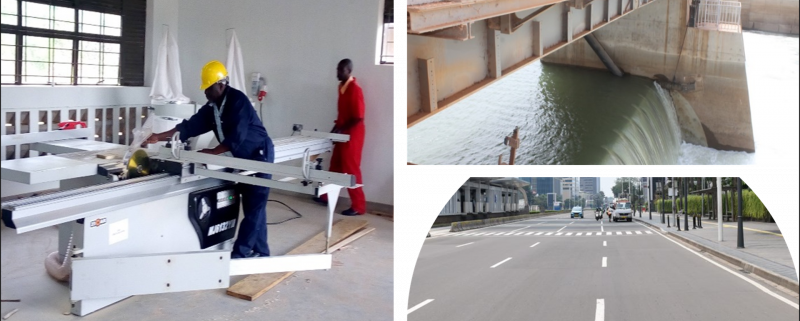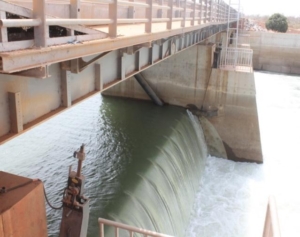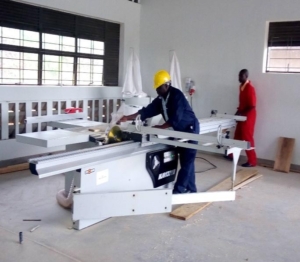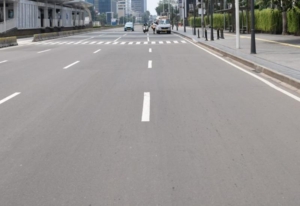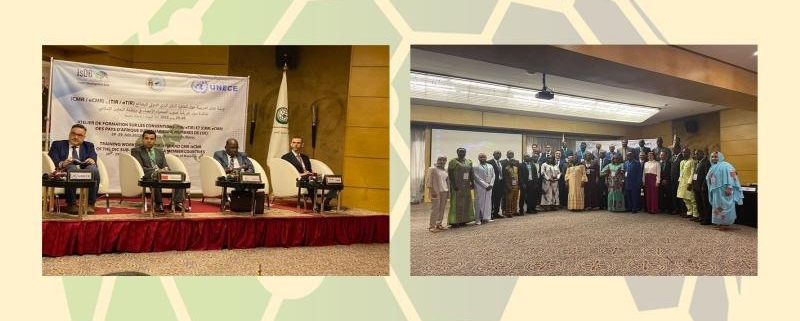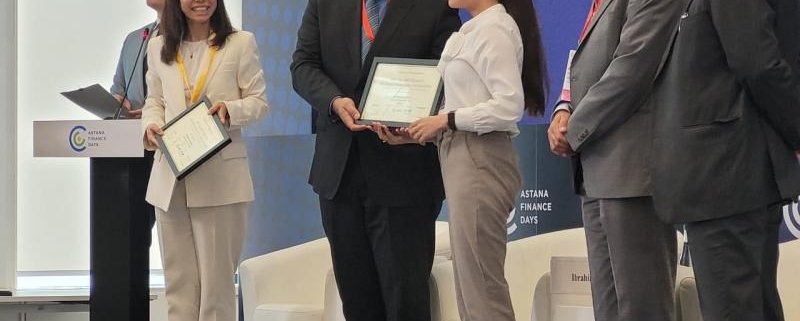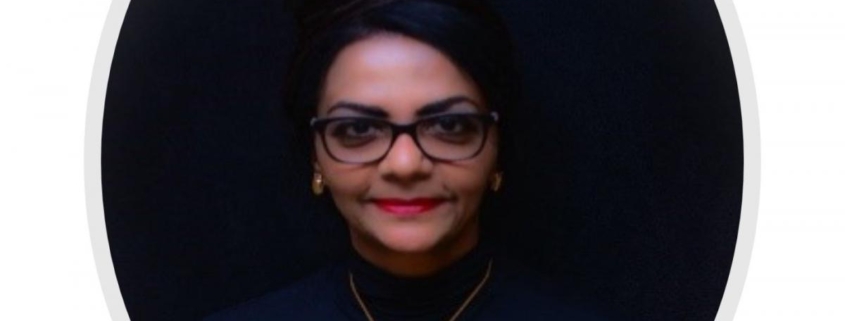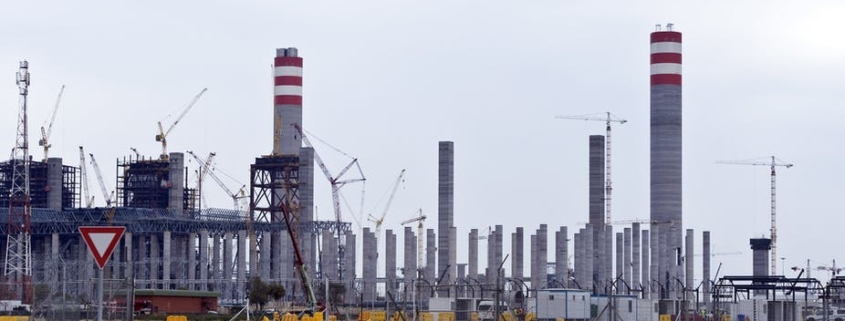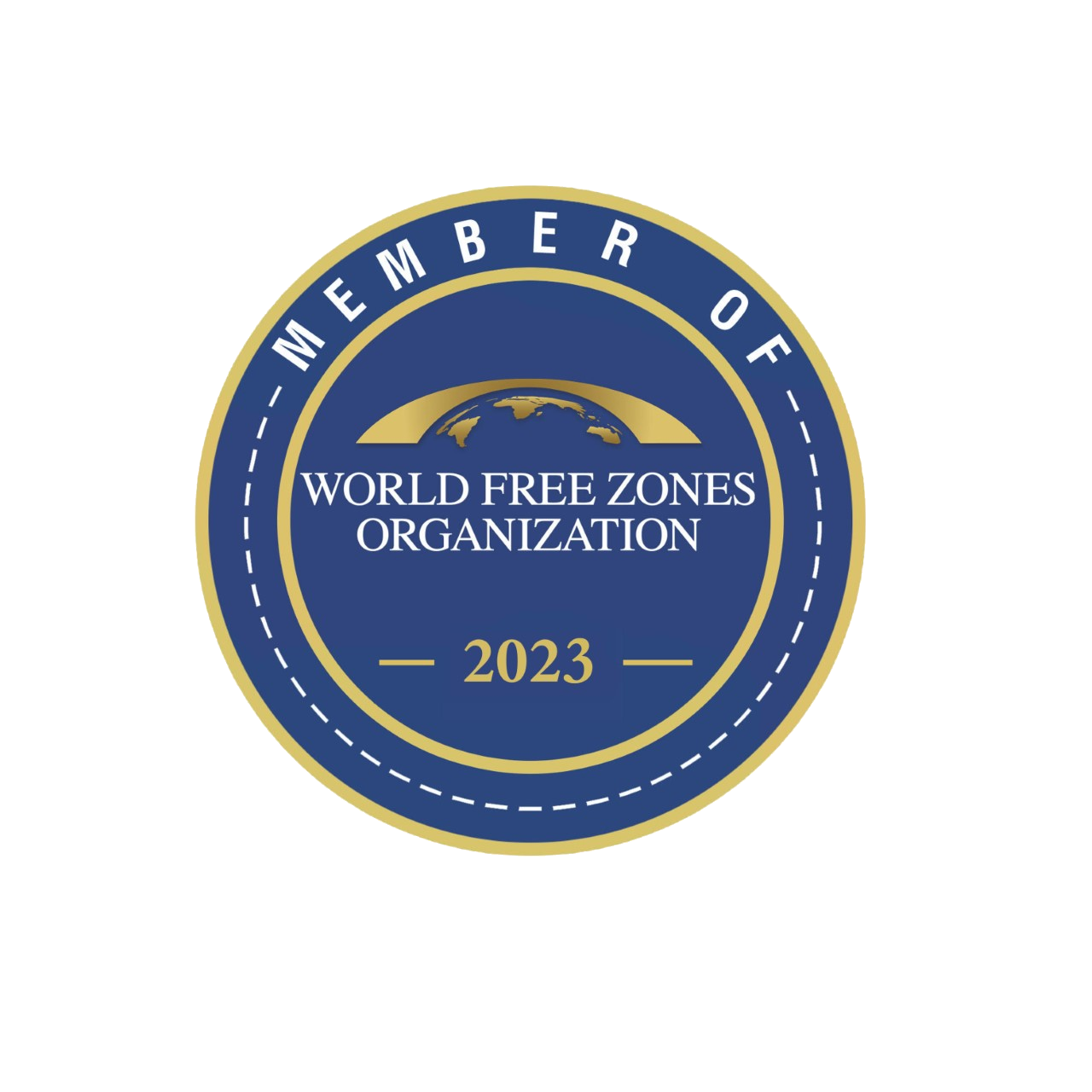The New Development Bank, which was formed in July 2014, marks its eighth birthday this year. It was formed by the leaders of Brazil, Russia, India, China and South Africa (BRICS) when they met in Fortaleza, Brazil for the bloc’s summit. The bank was seen as a potential alternative to the World Bank and able to take a new approach to development finance.
The New Development Bank has since approved 11 projects in South Africa and Lesotho. These involve sustainable energy, transportation, water resource management, and a COVID-19 emergency loan programme. Some of these projects, for instance the Environmental Protection Project for Medupi Thermal Power Plant, are of strategic importance to South Africa. Of the project’s estimated total cost of US$2.75 billion, the bank is providing a US$480 million loan.
This is in line with hopes that the bank would serve as a much-needed new source of financing for national and regional initiatives. Another hope was that it would be more transparent and accountable than other multilateral banks such as the World Bank. Its mission and values, articles of agreement, environmental and social framework and information disclosure policy make commitments about transparency and openness.
The bank’s mission statement expresses its objective of not only “achieving development goals with transparency” but also displaying “empathy” towards its projects’ intended beneficiaries.
Billions of dollars of investment later, however, the reality suggests that improvement is needed.
A study on transparency and accountability by Oxfam South Africa and the University of Pretoria’s Centre for Human Rights raises concerns about how the bank handles access to information. It also lacks an independent accountability mechanism. The study calls into question whether the bank is showing empathy towards the communities that are affected by its projects.
Too little openness
The study highlights transparency and accountability challenges with some of the projects co-financed by the bank. The researchers interviewed representatives of the communities near the South Africa Lesotho Highlands Water Project Phase II and the Medupi project.
Some of these challenges are cross-cutting. For instance, the representatives said that the influx of migrant workers into their communities had put a strain on resources and services. There were also project-specific issues. These included concerns about the resettlement of more than 3,000 people to make way for the Lesotho project.
The study demonstrates the difficulty of getting project information. The New Development Bank’s responses to information requests from the researchers lacked adequate detail. Without timely and comprehensive access to information, how can communities affected by projects adequately address their concerns?
The bank’s website has no project documents and its information portal is hard to use. This affects the right of communities to be heard, a right that can’t be exercised without access to information.
Unlike most multilateral development banks, the New Development Bank doesn’t have an independent accountability mechanism. Nor does it have other ways for these communities to seek redress or hold it accountable.
Such mechanisms are created to hold development finance institutions and their clients accountable to their own policies. They also provide access to remedies for individuals and communities that are adversely affected by the activities such institutions fund. Without such a mechanism, the bank’s approach to accountability falls far short of global best practice.
It’s clear that much more can be done to improve transparency and accountability at the New Development Bank.
Looking ahead
The bank could do this in several ways:
- It must put section 23 of its environment and social framework into practice. This requires the bank to disclose project documents and information to communities and the general public during the project design and implementation phases, and throughout projects’ life cycles.
- It should create a structure or platform, an independent accountability mechanism, that affected communities can use to prod the bank when it fails to provide timely access to project information or to comply with its own policies and procedures. Better and more sustainable development outcomes can be achieved when the mechanism’s design process includes public consultations that incorporate different stakeholders. These public consultations should aim to genuinely solicit inputs that influence the design and implementation of the proposed mechanism.
- At a national level, there have also been calls for the formation of a South African liaison group for international financial institutions. This group would be a platform to promote discourse between South African government institutions such as the treasury and civil society concerning the country’s relationship with international financial institutions. This group could for instance be a good platform to discuss civil society’s concerns about the New Development Bank.

